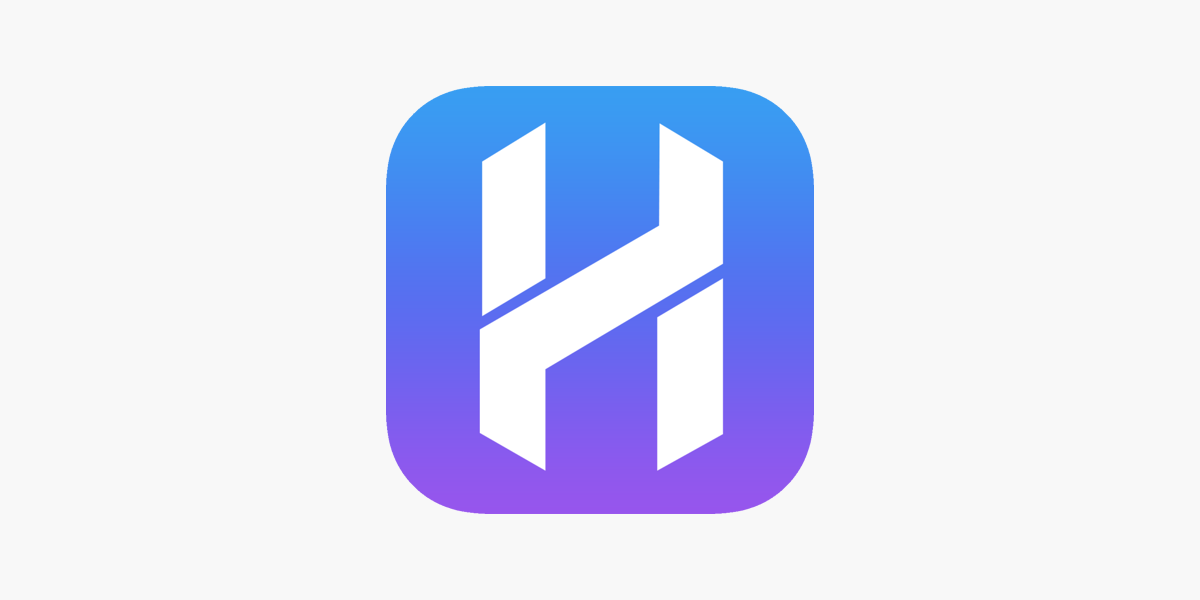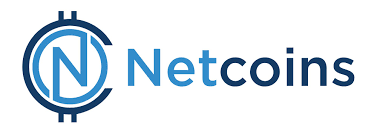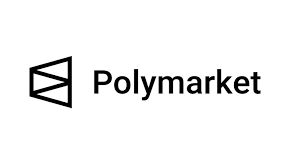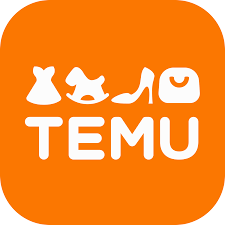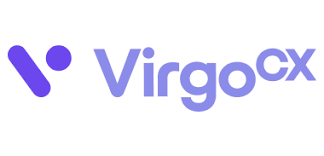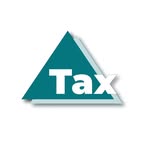
Experts in
Every Area of Tax,
Accounting & Compliance

Accounting | Tax | Advisory | Consulting | Wealth
 Schedule a Free Initial Consultation
Schedule a Free Initial Consultation









Supporting Clients Across 20+ Industries
Whether you’re in a specialized trade, a regulated industry, or a fast-growing sector, we provide
expert tax
and accounting solutions tailored to your field.
Ecommerce
We provide personalized tax and accounting solutions for individuals and businesses across Canada.
Read More
Healthcare
We provide expert tax and accounting support for healthcare professionals and clinics across Canada.
Read More
Crypto
We are Canada's leading blockchain accountants offering crypto tax, audit, and advisory services.
Read More

Tools We Use
Our go-to platforms for smarter finances, clear insights, and efficient workflows.

Your Trusted Partner
in Tax, Accounting,
& Advisory

The top tax firm in the GTA with the numbers to prove it.
Tax Returns Filed
495,000+
Years in Business
40+
YouTube Subscribers
51,000+
Tax Dollars Saved
87M+


Tax Partners is a tax, accounting firm providing personalised services to individuals and small to midsize businesses in and around the world! We have been in business for over 40+ years and counting! Whether you are just starting your business, thinking about succession, or are somewhere in between, we can help you.
Our reputation has been built on trust, integrity, and ethical practice. We believe that being approachable and responsive is the key to developing long‑term relationships. Our entire team works hard to ensure you receive prompt attention – there is nothing more annoying than the feeling of being ignored or left waiting for answers.


What Our Clients Say
“Don’t just take our word for it - Our satisfied clients are our best advocates”
Sam and Mahad were both extremely professional and knowledgeable. I have a lot of confidence in them and will be returning. Read More
My first time coming here, and my experience with them was great from start to finish. I worked with Sam and he took excellent care of my business. Will be returning next tax season for sure! Read More
Sam was quick and friendly. He was very good to deal with and I would highly recommend him in the future. Have dealt with Tax Partners for many years and would not go anywhere else! Read More
Neelam is really excellent. She's really fast in doing her taxes. Julia is a very good assistant too. Fast and reliable. (Oshawa branch) Read More
EXCELLENT
Based on 1396 Reviews


Connect with us

For any general inquiries,
please fill in the following contact form:
Newmarket Office
info@taxpartners.ca
(905) 836-8755
17817 Leslie St, Unit 2, Newmarket, ON L3Y 8C6
Oshawa Office
oshawa@taxpartners.ca
(905) 448-2241
Oshawa Centre, 419 King St W Suite 215, ON L1J 2K5
Fax
(905) 853-3543

#CanadaAccountant #CanadaTax #CanadaBookkeeper #CFP #CBP #CPA #BusinessValuator #ArtistAccountant #MusicianAccountant #DanceCPA #ChildcareCPA #DoctorsTax #DoctorsCPA #ChiropractorCPA #CPADoctors #AccountantDoctor #DoctorTaxHelp #LawyerCPA #LawyerTaxHelp #BookkeepingforDoctors #AmazonCPA #AmazonAccountant #ShopifyCPA #ShopifyAccountant #ECommerceCPA #EcommerceTaxHelp #EcommerceTaxAccountant #TaxAccountant #CanadaTaxHelp #CanadaTaxTips #RealEstateCPA #RealtorCPA #RealEstateAgentCPA #RealtorTaxHelp #RealtorTaxAudit #FranchiseAccountant #FranchiseTaxHelp #FranchiseAgreement #ShareholderStructure #AssetProtection #IncomeProtection #CPASharePurchaseAgreement #LogisticsTaxHelp #GamingTax #GamingCPA #FamilyTaxOffice #FamilyOfficeServices #ConstructionCPA #ConstructionAudit #ConstructionTaxAudit #CannabisTax #CannabisTaxAudit #CannabisAccountant #HealthCareTaxHelp #HealthCareAccountant #RetailTaxAudit #RetailCPA #ManufacturingCPA #CPACryptoAdvisory #CryptoTax #CryptoAdvisory #CryptoConsulting #CryptoBookkeeping #lifeinsurance #irp #lifeinsurancetax #incometax #cralifeinsurance #shareholderbenefits #GreatwayFinancial #GreatwayIRP #ExperiorIRP #ExperiorLifeInsurance #WFGIRP #WFGIvari #InfiniteBanking #IRPBMO #JimPatterson #WaltDisney #TermInsurance #AccountantLifeInsurance #LifeInsuranceCRA #IndependentLifeInsuranceAdvisor #InsuranceAdvisor #FSRA #FSRAAudit #WholeLife #WholeLifeInsurance #InsuranceHelp #ProtectFamily #JamiePrickett #Marlon #MarlonAntonio #Recruiting #us tax #ustax #UStaxaccountant #UStaxspecialist #UStaxaudit #ITIN #ITINapplication #ITINrenewal #ITINexpired #1040tax #1040NR #1040IRS #1040Accountant #IRS #IRSphone #IRSaddress #crossbordertax #uscitizentax #IRSobligations #streamline #streamlineprocedure #FBAR #FACTA #TFSAUSCitizen #taxreturnusa #CDNUStreaty #treatytax #OgdenIRS #AustinIRS #Expattax #Expattaxes #CPAexpat #CPAIRS #USTaxService #amnesty #firsttimeabatement #USdilinquenttax #accountant #bookkeeper #payroll #CRAaudit #taxproblem #taxlawyer #taxattorney #USrealestatetax #taxspecialist #CanadianUStaxspecialist #TorontoUStax #NewmarketUStax #MississaugaUStax #BramptonUStax #NorthYorkUStax #ScarboroughUStax #RichmondHillUStax #MarkhamUStax #BarrieUStax #AuroraUStax #HamiltonUStax #VaughanUStax #WoodbridgeUStax #USPassport #coinbase #forextrading #finance #bitcoinprice #xrp #forexsignals #ripple #altcoin #success #hodl #binary #motivation #cryptoworld #stockmarket #dogecoin #forexlifestyle #mining #blockchaintechnology #wealth #cryptoinvestor #nft #financialfreedom #altcoins #bitcoinexchange #cryptomining #trade #wallstreet #usa #daytrader #millionaire #cryptotax #bitcointax #crataxcrypto #cracrypto #crabitcoin #capitalgainstaxcrypto #vdpcrypto #cryptoaccountant #cryptolawyer #canadacrypto #canadacryptocourse #cpacrypto #cpabitcoin #vdpetherium #vdpETH #cpacryptotax #cryptoaudit #craauditcrypto #crypto #bitcoin #cryptocurrency #blockchain #btc #ethereum #forex #money #trading #bitcoinmining #IRSCrypto #BTCinsurance #MetricsCPA #Koinly #CoinLedger #CPACanadaBlockchain #Blockchain #AccountorCPA #MPGroupCPA #ForteInnovations #CoinLedger #ManningElliot #CoinPanda #TripleMAccounting #Bitwave #GordonLawGroup #DavisAccounting #CryptocurrencyAccountant #NeumeisterAssociates #CPAOntario #AkifCPA #FarisCPA #CryptoTaxLawyer #DavidCrypto #RMPLLP #OberheidenPC #CryptoTaxGirl #CPAAlberta #DimovTax #CMPPC #Forbes #Ghumans #JeremyAJohnson #GoldfineCPA #BitcoinTaxHelp #BlockchainCPAs #cryptotrading #investing #cryptocurrencies #investment #cryptonews #bitcoinnews #bitcoins #entrepreneur #invest #business #eth #forextrader #bitcointrading #trader #investor #bitcoincash #litecoin #binance #binaryoptions #bhfyp #sol #FTM #AVAX #canadacrypto #Barrie #Belleville #Brampton #Brant #Brantford #Brockville #Burlington #Cambridge #Clarence-Rockland #Cornwall #Dryden #Elliot Lake #Greater Sudbury #Guelph #Haldimand County #Hamilton #Kawartha Lakes #Kenora #Kingston #Kitchener #London #Markham #Mississauga #Niagara Falls #Norfolk County #North Bay #Orillia #Oshawa #Ottawa #Owen Sound #Pembroke #Peterborough #Pickering #Port Colborne #Prince Edward County #Quinte West #Richmond Hill #Sarnia #Sault Ste. Marie #St. Catharines #St. Thomas #Stratford #Temiskaming Shores #Thorold #Thunder Bay #Timmins #Toronto #Vaughan #Waterloo #Welland #Windsor #Woodstock #Ajax #Amherstburg #Arnprior #Atikokan #Aurora #Aylmer #Bancroft #Blind River #Bracebridge #Bradford West Gwillimbury #Bruce Mines #Caledon #Carleton Place #Cobalt #Cobourg #Cochrane #Collingwood #Deep River #Deseronto #East Gwillimbury #Englehart #Erin #Espanola #Essex #Fort Erie #Fort Frances #Gananoque #Georgina #Goderich #Gore Bay #Grand Valley #Gravenhurst #Greater Napanee #Grimsby #Halton Hills #Hanover #Hawkesbury #Hearst #Huntsville #Ingersoll #Innisfil #Iroquois Falls #Kapuskasing #Kearney #Kingsville #Kirkland Lake #Lakeshore #LaSalle #Latchford #Laurentian Hills #Lincoln #Marathon #Mattawa #Midland #Milton #Minto #Mississippi Mills #Mono #Moosonee #New Tecumseth #Newmarket #Niagara-on-the-Lake #Northeastern Manitoulin and the Islands #Oakville #Orangeville #Parry Sound #Pelham #Penetanguishene #Perth #Petawawa #Petrolia #Plympton-Wyoming #Prescott #Rainy River #Renfrew #Saugeen Shores #Shelburne #Smiths Falls #Smooth Rock Falls #South Bruce Peninsula #Spanish #St. Marys #Tecumseh #Blue Mountains #Thessalon #Tillsonburg #Wasaga Beach #Whitby #Whitchurch-Stouffville #Burk’s Falls #Casselman #Hilton Beach #Merrickville-Wolford #Newbury #














































